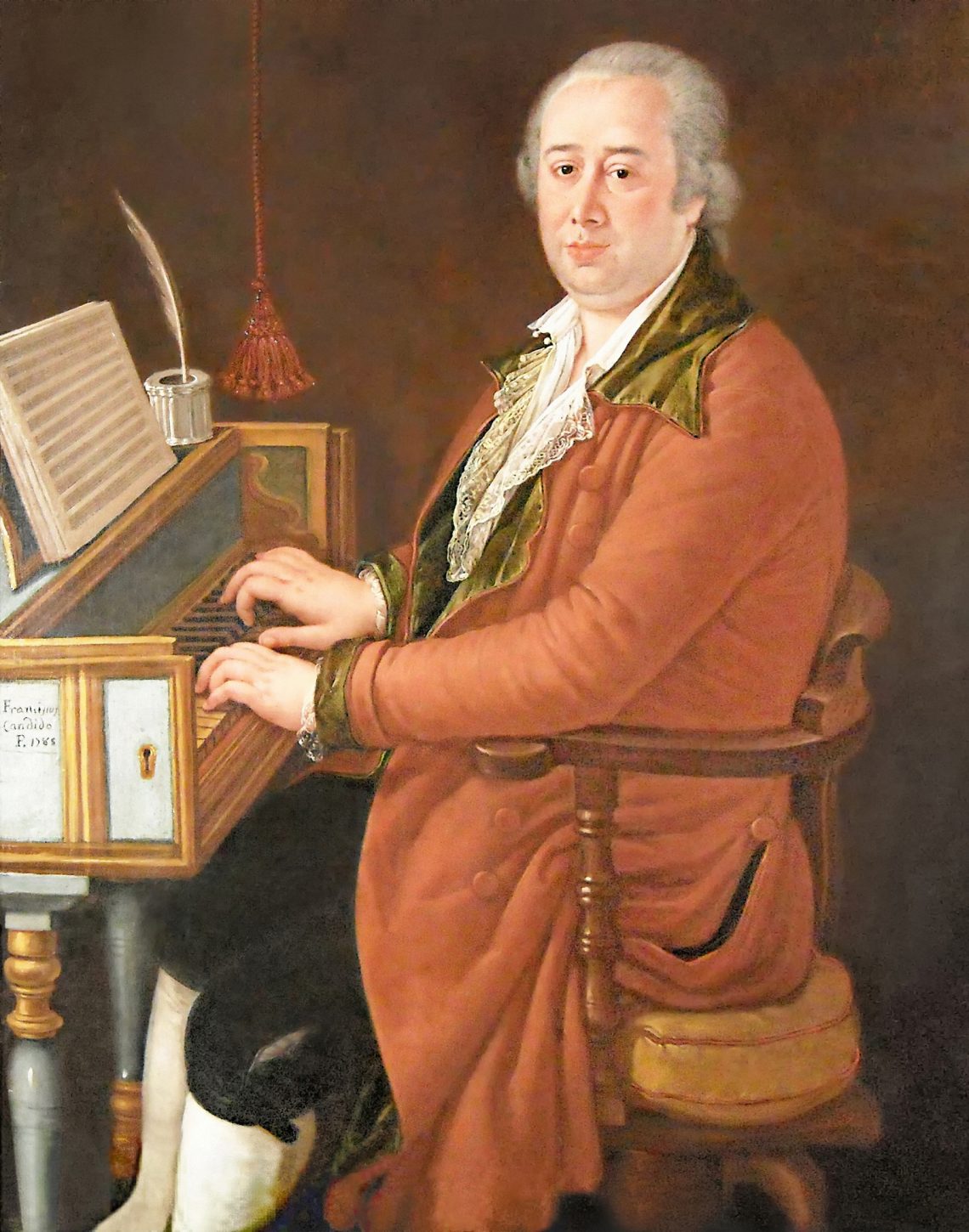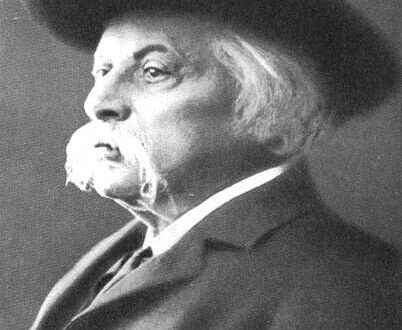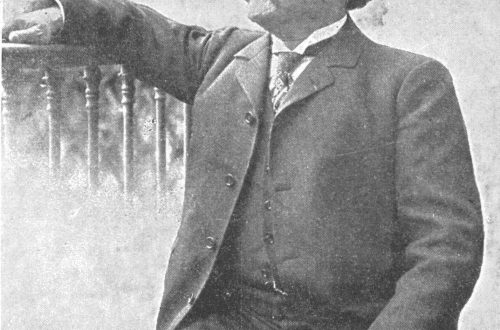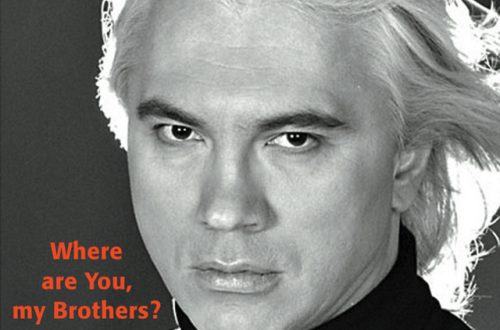
Domenico Cimarosa (Domenico Cimarosa) |
Domenico Cimarosa
Cimarosa’s style of music is fiery, fiery and cheerful… B. Asafiev
Domenico Cimarosa entered the history of musical culture as one of the most prominent representatives of the Neapolitan opera school, as a master of buffa opera, who completed the evolution of the Italian comic opera of the XNUMXth century in his work.
Cimarosa was born into a family of a bricklayer and a laundress. After the death of her husband, in 1756, her mother placed little Domenico in a school for the poor at one of the monasteries in Naples. It was here that the future composer received his first music lessons. In a short time, Cimarosa made significant progress and in 1761 was admitted to Site Maria di Loreto, the oldest conservatory in Naples. Excellent teachers taught there, among whom were major, and sometimes outstanding composers. For 11 years of conservatory Cimarosa went through an excellent composer school: he wrote several masses and motets, mastered the art of singing, playing the violin, cembalo and organ to perfection. His teachers were G. Sacchini and N. Piccinni.
At 22, Cimarosa graduated from the conservatory and entered the field of opera composer. Soon at the Neapolitan theater dei Fiorentini (del Fiorentini) his first buffa opera, The Count’s Whims, was staged. It was followed in a continuous succession by other comic operas. Cimarosa’s popularity grew. Many theaters in Italy began to invite him. The laborious life of an opera composer, associated with constant traveling, began. According to the conditions of that time, operas were supposed to be composed in the city where they were staged, so that the composer could take into account the capabilities of the troupe and the tastes of the local public.
Thanks to his inexhaustible imagination and unfailing skill, Cimarosa composed with unfathomable speed. His comic operas, notable among them An Italian in London (1778), Gianina and Bernardone (1781), Malmantile Market, or Deluded Vanity (1784) and Unsuccessful Intrigues (1786), were staged in Rome, Venice, Milan, Florence, Turin and other Italian cities.
Cimarosa became the most famous composer in Italy. He successfully replaced such masters as G. Paisiello, Piccinni, P. Guglielmi, who were abroad at that time. However, the modest composer, unable to make a career, could not achieve a secure position in his homeland. Therefore, in 1787, he accepted an invitation to the post of court bandmaster and “composer of music” at the Russian imperial court. Cimarosa spent about three and a half years in Russia. During these years, the composer did not compose as intensively as in Italy. He devoted more time to managing the court opera house, staging operas, and teaching.
On the way back to his homeland, where the composer went in 1791, he visited Vienna. A warm welcome, an invitation to the post of court bandmaster and – that’s what awaited Cimarosa at the court of the Austrian Emperor Leopold II. In Vienna, together with the poet J. Bertati, Cimarosa created the best of his creations – the buff opera The Secret Marriage (1792). Its premiere was a resounding success, the opera was engraved in its entirety.
Returning in 1793 to his native Naples, the composer took up the post of court bandmaster there. He writes opera seria and opera buffa, cantatas and instrumental works. Here, the opera “Secret Marriage” has withstood more than 100 performances. This was unheard of in 1799th century Italy. In 4, a bourgeois revolution took place in Naples, and Cimarosa enthusiastically greeted the proclamation of the republic. He, like a true patriot, responded to this event with the composition of the “Patriotic Hymn”. However, the republic lasted only a few months. After her defeat, the composer was arrested and thrown into prison. The house where he lived was destroyed, and his famous clavichembalo, thrown onto the cobblestone pavement, was smashed to smithereens. XNUMX months Cimarosa awaited execution. And only the petition of influential people brought him the desired release. The time in prison took a toll on his health. Not wanting to stay in Naples, Cimarosa went to Venice. There, despite feeling unwell, he composes onepy-seria “Artemisia”. However, the composer did not see the premiere of his work – it took place a few days after his death.
An outstanding master of the Italian opera theater of the 70th century. Cimarosa wrote over XNUMX operas. His work was highly appreciated by G. Rossini. About the best work of the composer – onepe-buffa “Secret Marriage” E. Hanslik wrote that it “has that real light golden color, which is the only one suitable for a musical comedy … everything in this music is in full swing and shimmers with pearls, so light and joyful, that the listener can only enjoy. This perfect creation of Cimarosa still lives in the world opera repertoire.
I. Vetlitsyna





